工学学士(荣誉学位)-石油工程
Bachelor of Engineering (Honours) - Petroleum Engineering

学历文凭
Bachelor Degree with Honours

专业院系

开学时间

课程时长

课程学费

国际学生入学条件
IDP—雅思考试联合主办方

雅思考试总分
6.5
- 雅思总分:6.5
- 托福网考总分:90
- 托福笔试总分:160
- 其他语言考试:Pearson Test of English (PTE) Academic - 64 overall (min. 54 in each subtest)
CRICOS代码: 056835E
申请截止日期: 请与IDP联系 以获取详细信息。
课程简介
Petroleum Engineers work with oil or gas companies to design, test and implement efficient methods to extract petroleum products from the earth and sea floor. They use their knowledge and skills to make estimations about what is going on thousands of metres below the ground. Petroleum Engineers rely on physical, mathematical and engineering principles to identify and solve problems in exploration, exploitation, drilling and production. They work closely with other professionals, such as geologists, to locate the dig site, design and build the machines that extract as much oil and gas as possible. They also oversee the removal and processing of the petroleum itself. Petroleum engineers address the economic and management problems associated with the recovery of hydrocarbons and alternative sources of energy from below the Earth’s surface. Petroleum engineers apply practical science to the challenges and problems associated with oil and gas exploration, drilling and petroleum production. In this career you’ll focus on the environment, and how we can meet global energy needs in a long-term, sustainable manner. In this career you’ll apply knowledge of chemistry, physics, geology and economics to the discovery, development and production of energy and material resources below the Earth’s surface. This knowledge can also be used to reduce greenhouse gas emissions and geothermal resources engineering.
相关申请
 预科
预科 奖学金
奖学金 实习机会
实习机会 在校学习
在校学习 跨境学习
跨境学习 校园授课-线上开始
校园授课-线上开始 在线/远程学习
在线/远程学习
开学时间&学费
学费信息仅供参考,请与IDP联系以获取详细信息
| 开学时间 | 时长 | 学费 | 地点 |
|---|---|---|---|
| 暂无 | 暂无 | 暂无 | 暂无 |
学校排名

世界排名71
数据源:
泰晤士高等教育世界大学排名
关于悉尼新南威尔士大学

新南威尔士大学悉尼校区(UNSW Sydney)是一所全球排名前 20 的大学,致力于通过教育和研究推动进步,造福每一个人。UNSW帮助未来的领导者充分释放潜能,将他们的技能和热情投入到具有影响力的事业中。UNSW是澳大利亚就业成果排名第一的大学,工作一体化学习是其就业就绪方法的重要组成部分。UNSW 悉尼校区连续第五年在 "2024 百强未来领袖奖"评选中被评为 "澳大利亚最具就业能力大学"。UNSW 有 37 名学生被评为就业能力最强的学生,在所有大学中名列前茅。UNSW 毕业生的全职就业率和薪酬在悉尼各大学中名列前茅。根据《泰晤士报》高等教育影响力排名,UNSW 在气候行动方面排名世界第二位 ,总体排名第七。UNSW大学在研究领域处于世界领先地位,是不平等和气候变化等关键领域跨学科研究的先驱。UNSW在太阳能和量子计算等关键发展领域处于领先地位。在澳大利亚成功应对新冠疫情的过程中,UNSW 的全球知名学者站在了第一线。UNSW的研究质量和影响力在澳大利亚排名第一。UNSW有100多个研究中心和7个顶尖学院,其研究成果改变了全世界的生活。UNSW在推动关键领域的突破、将想法转化为行动以促进全民进步方面享有全球声誉。新南威尔士大学在悉尼有多个校区。在''2025年QS最佳求学城市''中,悉尼被评为最适合国际学生留学的城市之一。
本校相关课程
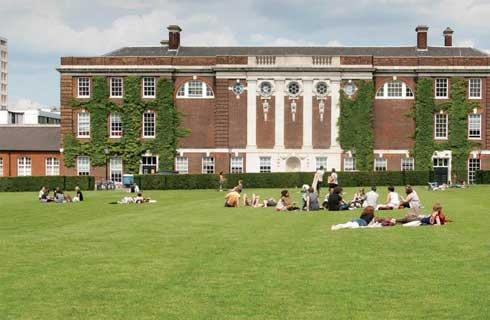
视觉科学哲学博士(通过研究)-视觉科学
学历文凭
Ph.D.
开学日期
课程费用总额


气候科学哲学博士(研究)
学历文凭
Ph.D.
开学日期
课程费用总额


心理科学学士
学历文凭
Bachelor Degree
开学日期
课程费用总额

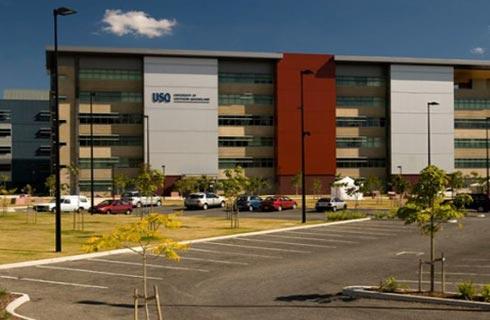
化学哲学博士(研究部)-化学
学历文凭
Ph.D.
开学日期
课程费用总额


商科学士/理学学士(高级数学)(荣誉学位)
学历文凭
Dual Degree
开学日期
课程费用总额


信息系统学士-信息系统
学历文凭
Bachelor Degree
开学日期
课程费用总额

其他相关课程

工程四级证书
 希拉巴克斯特培训中心(私立)
希拉巴克斯特培训中心(私立)学历文凭
Certificate IV
开学日期
课程费用总额


工程四级证书-制造
 霍姆斯格兰职业技术学院
霍姆斯格兰职业技术学院学历文凭
Certificate IV
开学日期
课程费用总额

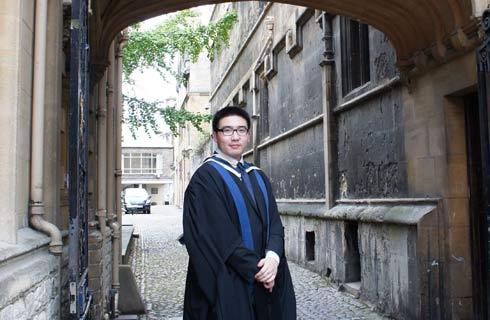
设计文凭(UniLink)(8个月)
 斯威本科技大学
斯威本科技大学泰晤士高等教育世界大学排名:282
学历文凭
Unilink Diploma
开学日期
课程费用总额

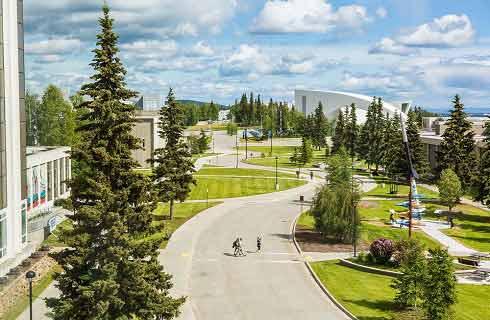
专业工程学硕士(生物医学)
 悉尼大学
悉尼大学泰晤士高等教育世界大学排名:54
学历文凭
Masters Degree (Coursework)
开学日期
课程费用总额

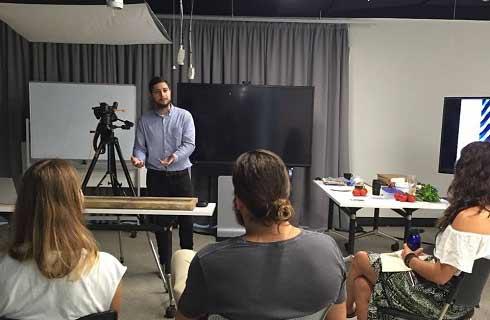
工程科学学士
 伊迪斯科文大学
伊迪斯科文大学学历文凭
Bachelor Degree
开学日期
课程费用总额

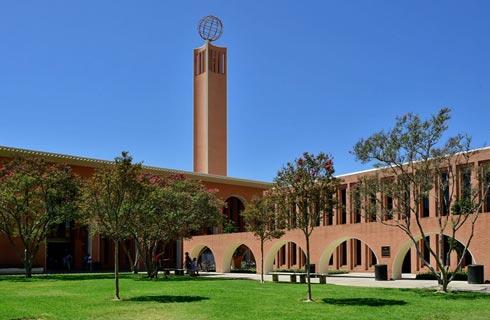
细木工三级证书
 霍姆斯格兰职业技术学院
霍姆斯格兰职业技术学院学历文凭
Certificate III
开学日期
课程费用总额










